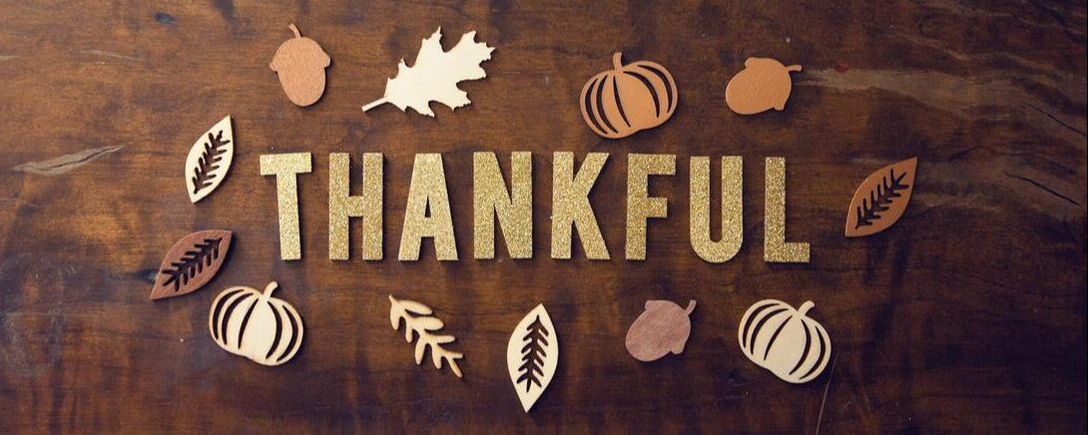If you want to listen to the audio of this article, see above!
Serendipity is a funny thing! The other evening I was chatting to my stepson’s girlfriend. She is one of those unlucky people who is tormented by anxiety – and I work with A LOT of people who struggle with anxiety. Not only are some personalities “anxious types”, but we live in a world that exacerbates any predispositions we may have,
I was sharing with her some guidelines for dealing with her anxiety. The fact of the matter is that those who struggle with anxiety must accept that managing it is a lifelong commitment. However, it can be done with the development of some essential skills (this is NOT instead of medication).
Gratitude Reduces Anxiety
The next morning I went to check what my social media topic is for November – GRATITUDE. So I started doing some reading to get some ideas for the articles for the month. It turns out that practicing gratitude has beneficial effects on all sorts of things, one of which is … Anxiety!
I can’t remember why I chose Gratitude as the topic for November – although it is the month when Americans celebrate Thanksgiving, so perhaps that had something to do with it. Nevertheless, we are heading downhill to the end of the year at a dizzying rate, and most people are feeling somewhat frazzled.
It Keeps You Focused on the Positive
At a time like this, it is easy to focus on one’s frayed edges – but that only adds to the sense of exhaustion. Shifting your focus to matters of gratitude is remarkably helpful and will add to your resilience at a time when we all need it.
How does gratitude work? While the practice of gratitude is a topic for a later newsletter, it is worthwhile noticing that all forms of the practice require that one articulates what one is grateful for. This means that you are naming what you appreciate and why – you are putting it into words. It doesn’t matter if it is something you are grateful for from or about another person, or if it is something you are grateful for in your life. What matters is that you are putting it into words. This says something about the power of words!
Gratitude is Good for Your Brain
Articulating what you are grateful for does several things, all of which are positive:
- It moves your attention away from negative emotions and distracts you from ruminating about the negative experiences in your life.
- Over time and with disciplined practice, gratitude shifts your focus to what is positive in your life and changes the overall tone of your internal world. “It is not happiness that brings us gratitude. It is gratitude that brings us happiness.” (Madhuleena Roy Chowdhury, 2021). It is this shift in focus that rewires the brain from an anxious, apprehensive one to a calm and grateful brain.
- It positively impacts your brain! People who practice and express gratitude show more activity in the part of the brain associated with learning and decision-making (the medial prefrontal cortex) than those who don’t – which represents a general enhancement of brain function.
- Gratitude is a natural antidepressant. Whether we express gratitude or receive it, it causes a release of oxytocin and serotonin in the brain – the feel-good neurotransmitters that enhance one’s feelings of happiness and well-being.
- Gratitude is good for your health. Research conducted in the field of positive psychology has reliably demonstrated that keeping a gratitude journal improves the quality of sleep, reduces stress, and enhances energy and vitality.
- Gratitude has a positive impact on professional commitment – in both the person expressing gratitude and in the person receiving it – and this enhances the quality of work performance and team work. Employees who express gratitude are more likely to put their hands up for extra work, and managers who express gratitude build stronger teams and enjoy greater productivity. They are also well liked! Let’s not underestimate the value of being well liked in being able to get things done and pull rabbits out of hats when you need to.
- The practice of gratitude fortifies your resilience – which is what helps you to bounce back more quickly after setbacks and tough experiences.
Write it Down
As you brace yourself for the final push in 2021, think about the following (and write it down):
- What are you grateful for in your life?
- To whom are you grateful and for what?
- Who in your world deserves some appreciation? How will you express this?
Look out for next week’s article on Gratitude Practices.
Contact Me
If you would like to work on your own resilience as a leader, email me on [email protected] and let’s discuss your coaching programme.


 RSS Feed
RSS Feed


